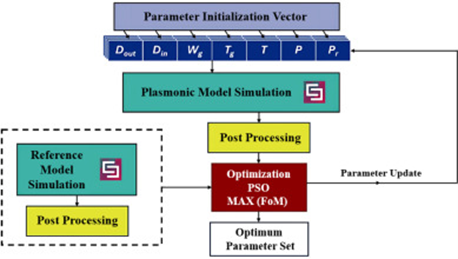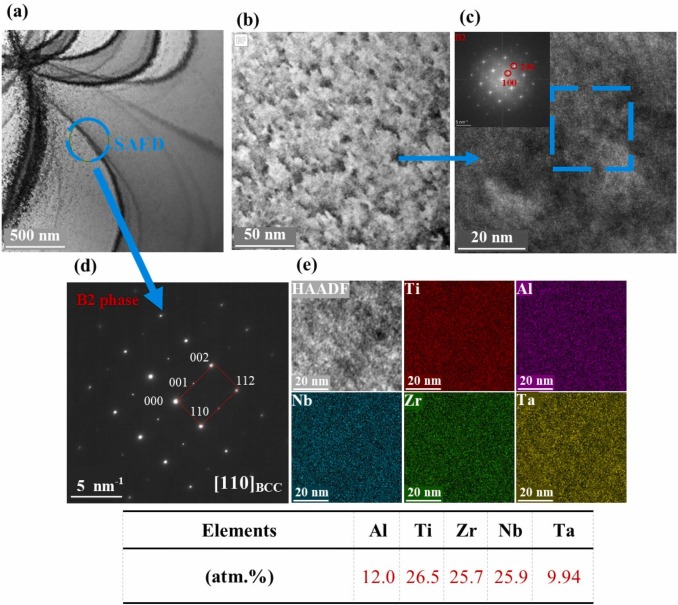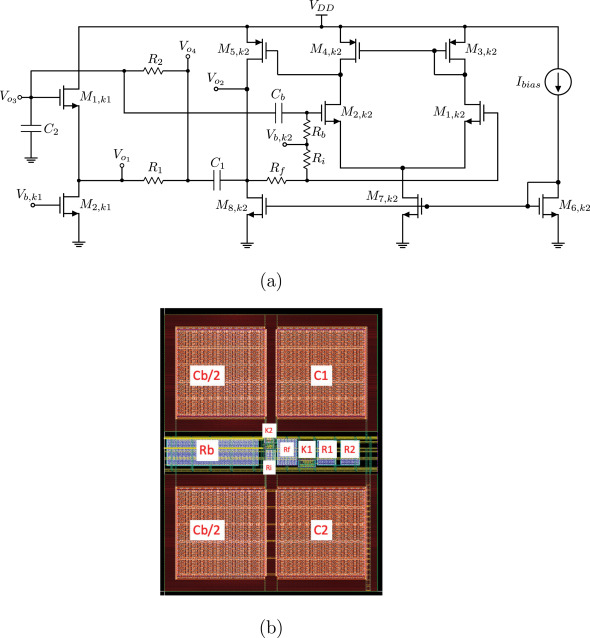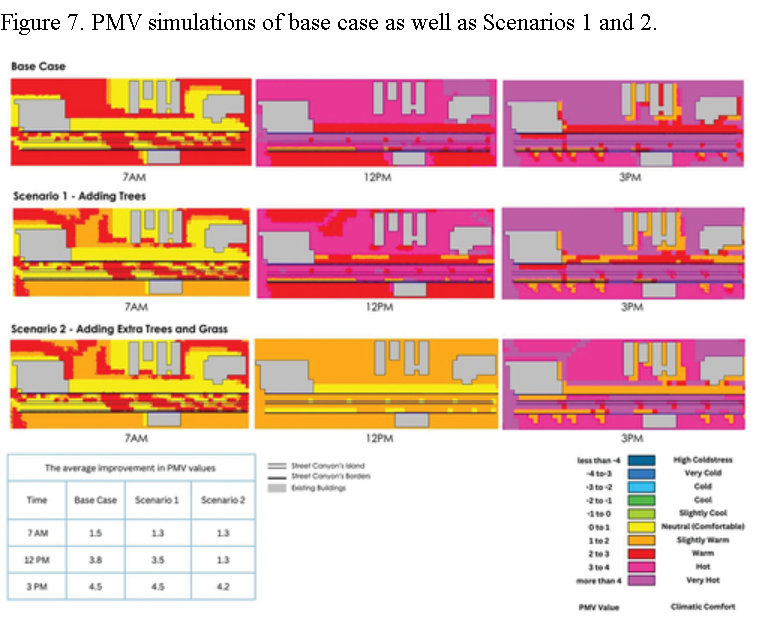
Electricity pricing in an emerging deregulated market: A Case of Nigeria and Egypt.
The globalization and rapid industrialization of any country is a function of availability of electricity in desired quality and quantity. Nigeria and Egypt are the most populated countries in West and North Africa respectively with incredible energy resources both renewable and non-renewable. Yet, the former is highly energy deficient when compared to the later. In recent time, the appropriate authorities have tried earnestly to reform the sector with the intent to improve the unpalatable situation through the liberalization of the vertically integrated structure of the power industries. In this paper, therefore, the review of the electricity tariff plan as well as justification of the present charge on electricity consumption is addressed. Although, the Multi Year Tariff Order (MYTO) and Open Brackets (OB) system presently adopted in Nigeria and Egypt for energy charge might appear effective from the operator's side and the better path to follow but it may be classified as ineffective from the consuming end. However, with the right policies, regulatory framework, standards, interventions and appropriate legislation by the former, the latter is expected to embrace the methodological approach provided the elements considered in tariff setting viz; forex, price of gas, revenue collection which precludes the willingness to Pay (WTP) for energy, the Life Cycle Cost (LCC) of power plant, the level of demand, size and capacity of generation are within conformity. This therefore could guarantee a cost-reflective tariff thereby providing a more competitive environment for investors and the nation at large. © 2020 IEEE.



